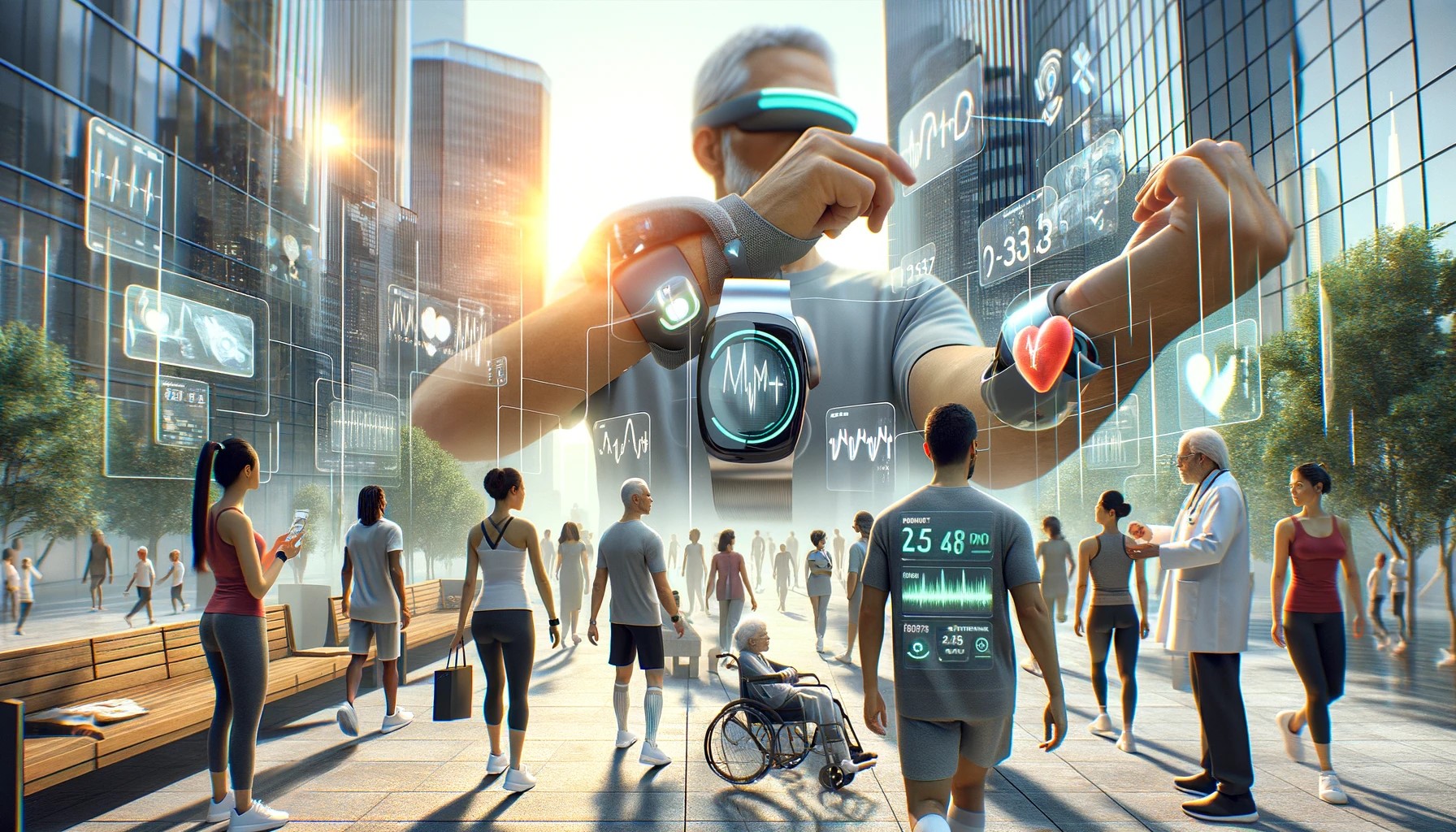In this episode of Navigating the Code podcasts, I want to share a pivotal concept from my book that resonates deeply with the healthcare profession: the systems approach to management and its potential for a …
Continue readingCategory: Healthcare IT
Transformative Digital Health Tech: Focus on Outcomes, Privacy, Workflow, Data Ownership
The emergence of wearable digital health technologies (DHTs) can revolutionize healthcare by providing personalized, data-driven insights into patients’ health and well-being. As these technologies progress from experimental applications to routine use in clinical care, healthcare …
Continue readingNtC 33: Remove the Kinks in the Hose
We can all agree that there is much that we can do to improve healthcare quality, safety, and access to care while better managing its cost. Achieving these goals requires transforming what we do and …
Continue readingRevolutionary Health IT
Revolutionary HIT requires a focus on three key areas: 1) processes and workflows, 2) information technology tools, and 3) healthcare provider tasks, duties and responsibilities.
Continue readingThe Merging of HIT
Although most attention to HIT focuses on the use of the EMR, other recent HIT tools successfully merge clinical and administrative activities that previously stood independent of each other.
Continue reading3 Ways to Improve Return on IT Investment
he ACA evolved from tough negotiations among all healthcare stakeholders.
Continue readingBuild a Care Team
A 21st century approach to care delivery requires an understanding of the skills and knowledge of each care team provider, and development of a patient-centered care model built upon the team approach to a clinical problem rather than a top-down methodology driven solely by the physician.
Continue readingDigital Documentation: More or Less
The introduction of EMRs over the past decade completely changed the way we write clinical notes. No longer limited by our hand driven writing speed, our notes reflect typing speed, and more importantly the functionality of the EMR used for documenting care.
Continue readingWhy Unified Notes Can Lessen Documentation Time
Does increased documentation improve outcomes? Does it reduce costs? There exists scant evidence that either of these are true.
Continue readingWhy Things Matter
Sensors provide the foundation for the Internet of Things (IoT) technology movement.
Continue reading










